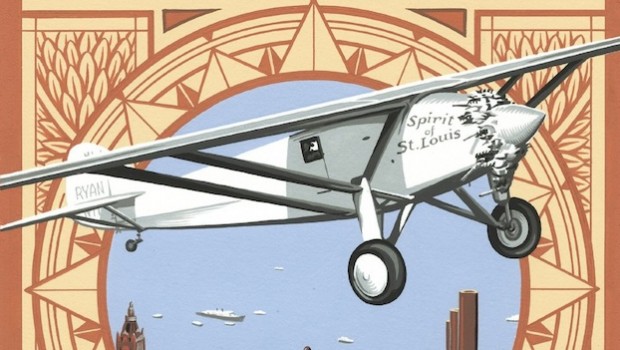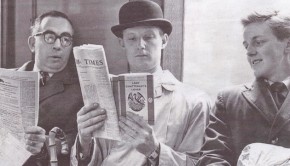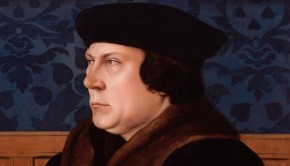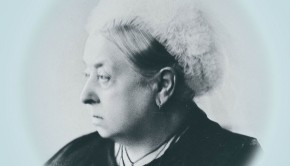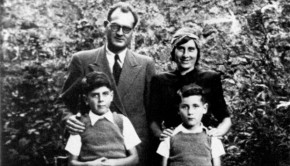One Summer: America 1927 by Bill Bryson
| Press reviews | Buy the book | Have your say |
Blurb: In summer 1927, America had a booming stock market, a president who worked just four hours a day (and slept much of the rest), a devastating flood of the Mississippi, a sensational murder trial, and an unknown aviator named Charles Lindbergh who became the most famous man on earth. It was the summer that saw the birth of talking pictures, the invention of television, the peak of Al Capone’s reign of terror, the horrifying bombing of a school in Michigan, the thrillingly improbable return to greatness of over-the-hill baseball player Babe Ruth, and an almost impossible amount more. In this hugely entertaining book, Bill Bryson spins a tale of brawling adventure, reckless optimism and delirious energy. With the trademark brio, wit and authority that make him Britain’s favourite writer of narrative non-fiction, he brings to life a forgotten summer when America came of age, took centre stage, and changed the world.
(Transworld, 2013)
Matt Ridley, The Times
“[A] fine book… Bryson, the travel writer turned non-fiction impresario, has now invented what may be an entirely new genre of non-fiction: the brief history of an era told through the biography of a summer. It is a book from which you can read many lessons, or just revel in the writing.”
Read full review (£)
Christopher Bray, The Observer
“In anyone else’s hands, it should be said, this book could be an almighty mess – a circus without a ringmaster. But few writers of nonfiction, and, let’s be honest, few enough writers of novels, can crack the narrative whip like Bryson. One Summer fairly whirls along. Bryson moves his cast of colourful characters around with such silky efficiency you don’t mind that too many of them aren’t doing anything very interesting.”
Erica Wagner, Financial Times
“This is a jolly jalopy ride of a book; Bryson runs down the byways of American history and finds diversion in every roadside stop. If there’s a flaw, it’s that he wants to pack so much in that there’s little time for reflection.”
Jasper Rees, The Telegraph
“This is Bryson’s Brief American Lives, covering everyone from Charles Ponzi and his tottering inverted pyramid of finance to the teenager who really invented the television. It is also a compendium of statistics, mostly measuring America’s sheer jaw-dropping abundance – its planes, trains and automobiles, its vast new cinemas and sports stadiums. From murder rates to interest rates, this was a country of numbers, almost all made thrillingly digestible – at least until Bryson gets going on the records broken in the New York Yankees’ annus mirabilis, when he doesn’t even pretend to be writing for a British readership. (Glossary, please.)”
Ian Critchley, The Sunday Times
“Bryson brings his customary wry style to bear on such events and his book teems with vividly described characters, but he also has a serious point to make. He contends that before the 1920s Americans had grown up believing that all the important events happened in Europe. Now, through Lindbergh and others, they experienced “the gratifying novelty of coming first at something”. There is an air or triumphalism in this argument, and the book can seem parochial — it is unlikely that many readers outside America will share Bryson’s enthusiasm for Babe Ruth’s baseball feats. But Bryson is canny enough to recognise that the nascent American hegemony had its downside, too.”
Read full review (£)
Sarah Churchwell, The Guardian
“In the end, despite its almost 500 pages, One Summer seems curiously slight; Bryson has little interest in analysis beyond the jocular aside, and his connections are narrative, rather than thematic or critical. The effect is rather like reading a highly amusing encyclopedia: many interesting starts, but few conclusions.”
Jonathan Mirsky, The Spectator
“Actually, the book is ‘not exactly’ about 1927. Only Lindbergh fits neatly into that slot. Obviously men like Babe Ruth, Capone, and Dempsey, the scholarly racists or the murderous adulterers, didn’t appear suddenly out of nowhere that year. But for many pages of build-up I found myself writing ‘1927?’ in the margin. Some not exactly merciful, even emotional, editorial slashing would have reduced this not unentertaining and uninformative book to a better one.”
Buy the book
Amazon | Foyles | Hive | Waterstones
OMNISCORE:

